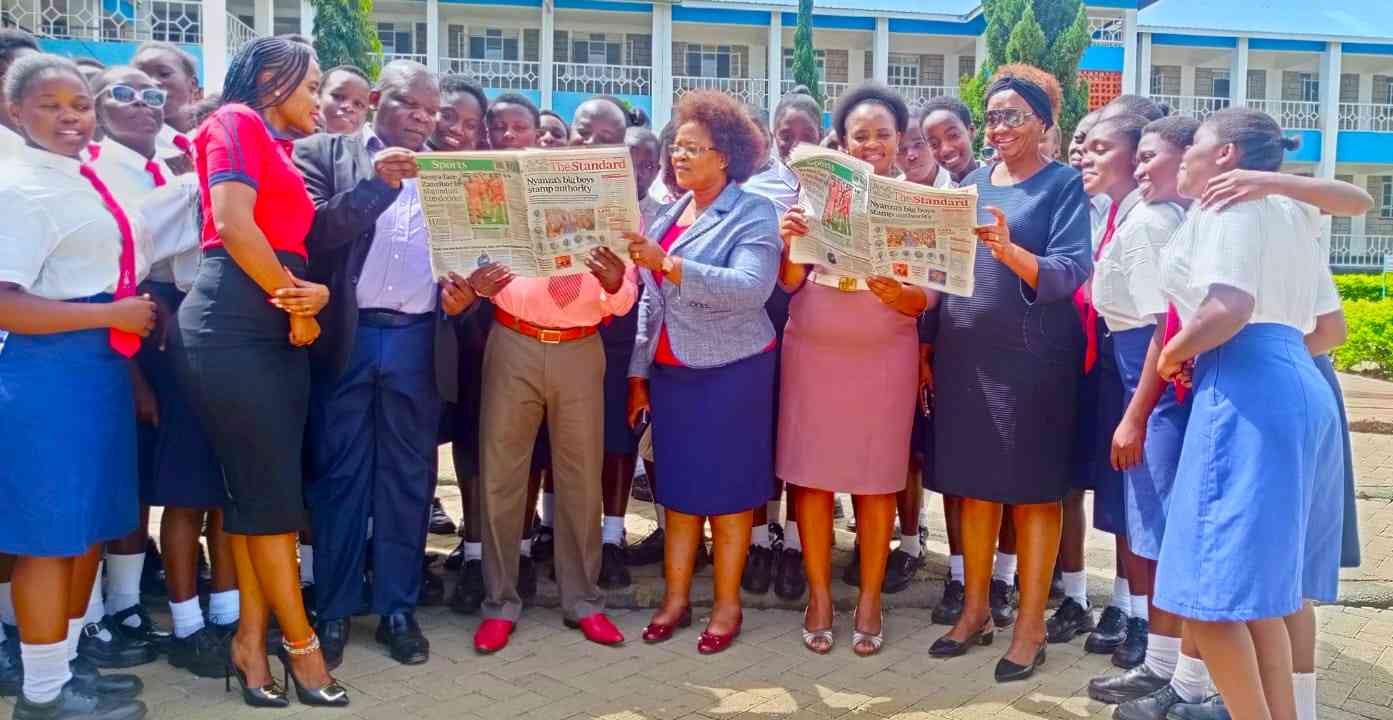Springboks Damian Willemse and Willie le Roux.
News24 Sport chief writer
- The Boks may have lost five Tests in 2022 (disappointing by some measures) but they were also never taken to the cleaners.
- The closing games against Italy and England respectively showed pleasing signs of a brave new world from them.
- South Africa introduced exhilarating, fresh faces like Kurt-Lee Arendse and then-teenage debutant Canan Moodie.
If the “little picture” by the Springboks (five blemishes in the 2022 calendar year) flattered just a bit to deceive, the bigger one at least hung onto its genuine potential for critical acclaim in all-important 2023.
South Africa ended their year with a win percentage of 61.5, which looks humdrum when you measure it against, for example, France … Les Bleus earned a rare, perfect 10/10 record which is a great mental device to carry into a year where they will host the World Cup.
But there were a few “softer” opponents in there – the French midyear series was a lean, relatively undemanding two-Test one in Japan – while the European heavyweights so nearly crashed at home to the Wallabies before notching a heart-stopping 30-29 outcome in November.
Most other nations had some pronounced ups and down during 2022, lending ballast to the widely-held view that RWC 2023 will be extremely open.
The Boks still instinctively measure themselves, for instance, against the All Blacks … and they won an identical, moderate eight of their 13 Tests.
A more accurate (and favourable) measure of Jacques Nienaber’s charges, maybe, would be to examine some of their setbacks: one came at home against Wales with a highly experimental Bok combination fielded, while both end-of-year losses in keynote games in Dublin and Marseille respectively could well have gone the other way with slightly better fortune.
In that sense, the results against Ireland (16-19) and France (26-30) respectively were open to interpretation as effective “wins” in psychological terms for RWC purposes … especially the French game, which the Boks played hampered by a red-carding for a remarkable 68 minutes.
There is also a case for arguing, with the luxury of hindsight, that the Springboks got a bit too “cute” in selection for the fateful second home encounter with New Zealand in the Rugby Championship.
After earning a bilateral record (on SA soil) 26-10 triumph at Mbombela, the Boks seemed to have the All Blacks woozy on the ropes for the follow-up date at Ellis Park … but a controversial alteration in the spinal position of hooker, just for one thing, contributed to a disappointing 35-23 slip-up and disappearance, really, of a budding Bok shot at the title.
In fairness, the Bok brains trust accepted culpability for their excessive tampering with a winning brew.
Nevertheless, very promisingly as a message in advance of their defence of the Webb Ellis Cup later in 2023, Siya Kolisi and company ended the Test season with a bang: successive, handsome triumphs over Italy and England in their own backyards.
Not only were they fitting ways to round off the year, but the style of rugby the Boks unleashed in each instance was revelatory: an almost unanticipated level of “liberation” for zest and slickness with ball in hand.
While they had occasionally in earlier fixtures during 2022 fallen prey to charges – a long-time historical trend – of strategic rigidity and over-reliance on the brutality of their forwards, there was suddenly very little justification for such allegations at Genoa or Twickenham.
The net outcome was that the Boks now look a lot trickier to plan against, by major foes, than they arguably did ahead of their northern-hemisphere pilgrimage.
During the year, they lost little — or nothing, more accurately? — of their enviable reputation for power and depth in forward play, including through both forms of set-piece and the ability to get potent mauls into motion near the enemy try-line.
But the back end of their roster also brought right back into play the speed, guile and self-expression of Springbok outside backs, several of whom had earlier had patience-testing spells where defence and fielding high bombs was too heavily their core form of service.
What 2022 did was pleasingly broaden the stock of slippery wing candidates, as established figures (and RWC 2019-winning icons) like Cheslin Kolbe and Makazole Mapimpi found themselves increasingly unable to slip into any semblance of complacency.
The year, you see, emphatically heralded the arrival of younger excitement machines in the wider berths: Kurt-Lee Arendse (an uncanny Kolbe clone, in so many respects) and the just turned 20-year-old Canan Moodie were prime examples.
But there were other reasons for Bok supporters to feel chipper about prospects for 2023, not least as core figures like captain Siya Kolisi, Eben Etzebeth and Frans Malherbe only re-emphasised their pedigrees with consistent majesty in their various jerseys.
By completion of the Test year, in addition, previously under-pressure veterans like fullback Willie le Roux and scrumhalf Faf de Klerk had admirably cemented their spots.
Le Roux largely eradicated his tendency for costly, sloppy moments, while the swelling Bok commitment to enterprise was also bringing out resurgent qualities in De Klerk, no longer required to near-ceaselessly bang box-kicks into the heavens.
For both squad harmony and current levels of cohesion and purpose, the Springboks seem in a rosy space.
Remember, the last full calendar year preceding the clinching of a World Cup by the Boks – three-time champions so far: 1995, 2007 and 2019 – has usually been a considerably choppier one than 2022 was.
In 2018, their year’s win record had been just 50 percent, in 2006 it was 41.6 and in 1994 the figure was 55.5.

















.png)


Discussion about this post